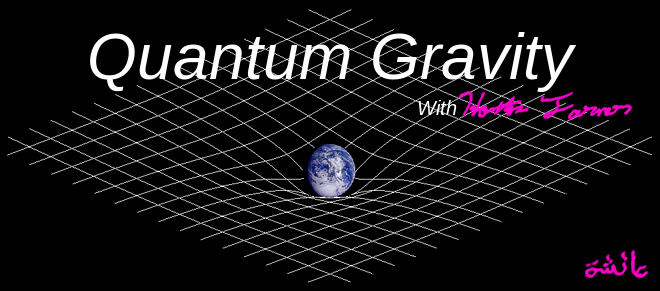What are theories how are they arrived at?
The word theory has it's roots in the scientific method. (In order to divorce this from creationism or the theory that the ancient Egyptians were really black Africans and other emotionally charged topics I shall write in Abstract terms. )
The scientific method has several basic steps.
- Observation of some phenomena.
- Then forming a hypothesis on how the phenomena works.
- Then testing the hypothesis by experiment.
- Then based on experiment the hypothesis is accepted as being a correct hypothesis or it is replaced by a new on based on the new data.
- A well tested hypothesis can become an empirical or phenomenological theory.
- Propose that S is an underlying symmetry or M is a mathematical proposition that could make predictions about nature.
- Derive "equations of motion" or otherwise derive a testable predictions or hypothesis from the propositions M and S.
- Test the hypotheses and predictions by the simple scientific method.
- The end result is a pure or fundamental scientific theory.
Common public misconceptions about theories.
XXXXX is just a theory not a fact. Most commonly heard in debates of evolution vs creationism. Creationism fails to be a scientific theory and therefore not teachable as science because you cannot test it's hypothesis. We cannot ask god to create life in science class.
A theory is a well tested body of knowledge which are not controversial. NO! While some theories are well tested bodies of knowledge they are not facts either! A theory can be something as crackpot as Eugenics or as well tested and solid as Electromagnetism. In fact a theory that is not subject to possible falsification is no longer a theory it's an article of faith. Even supposed classical inviolable "laws" of nature have their limits. i.e. Newton's "Law" of gravity was replaced by Einstein's Theory of General Relativity.
I wrote up this webpage where I tell a nice story about how XY or Z may have occurred...My theory of how the Nuwabians were the first people of the Americas... NO it's not a theory. Theories have to make predictions that are at least in principle able to be tested. What you have written is at best folk history at worst it could be slander of a person or a ethnic group or even theft of their cultural achievements.
Last but not least the most common misconception. Hypotheses are the same as theories, a theory is just a well tested hypothesis. No in general that is not the case. Some theories are basically well tested hypotheses. However those are just one kind of theory. Their are theories that are not born of any hypothesis. They are generally consider more fundamentally theoretical and abstract. If you thought this one was true well at least your trying. :-)




Comments